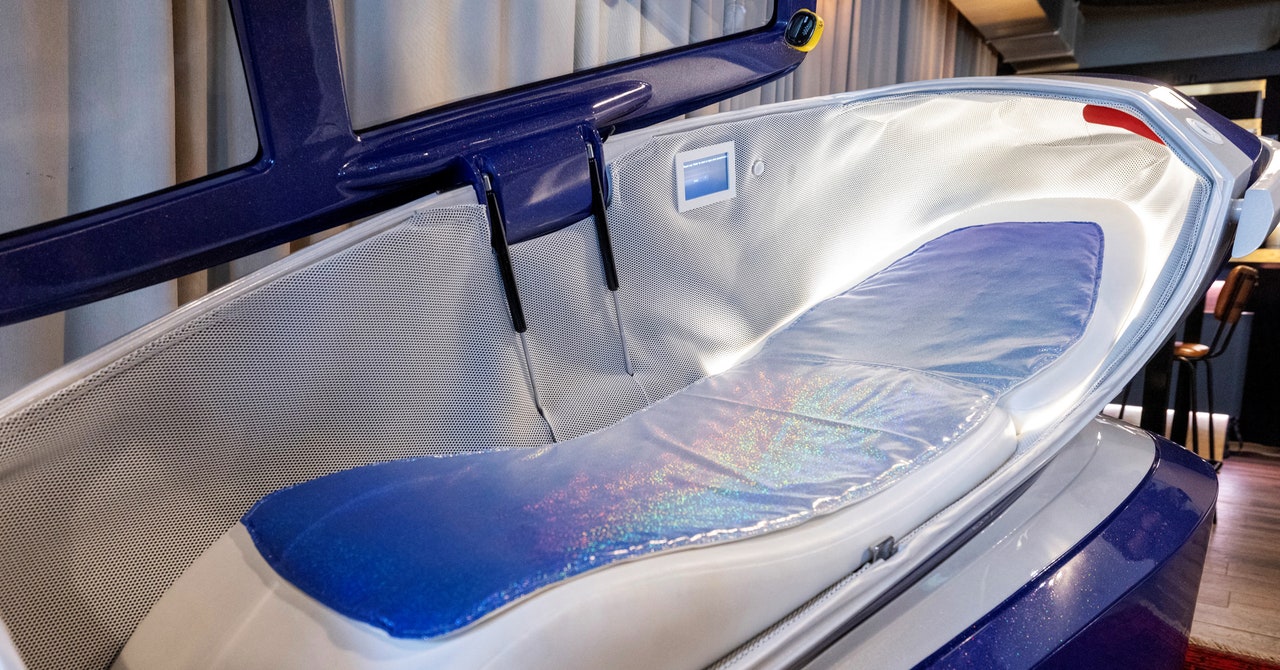However, not everyone has given up on the idea. A quick scan of LinkedIn shows that the CEOs of the metaverse are, amazingly, still in place at some companies, even though these positions are now usually mixed with many emerging digital innovations. LVMH’s Nelly Mensah is one of them, with references to her job title subtly changing to “VP of Digital Innovation” as interest in the metaverse wanes. In keeping with industry trends, the company’s latest digital experience leaned heavily on Generative AI, with no mention of the “m” word anywhere in sight.
This fall from grace was predicted by Matthew Ball in a footnote at the end of his book, predicting that by the time the core concept finally arrived, we would call it by another name. And right on cue, augmented reality arrived to pick up where the metaverse left off.
Repositioning a concept
With the VR-focused metaverse clearly not clicking with the mainstream, many tech brands have begun to target AR in the hopes that it will stick. So far, it looks promising. Meta introduced its Smart Glasses in partnership with Ray-Ban last year and presented the first real prototype of its “true augmented reality glasses” at Meta Connect; Apple has benefited greatly from Vision Pro’s ability to allow the user to switch between AR and VR; Snap just released the latest iteration of its AI Spectacles in September, exclusively for AR Lens developers; and we’re all waiting to see the final version of Google’s new AR glasses that it couldn’t help but tease in May.
Meanwhile, “phygital” has emerged as a new marketing buzzword, referring to the supposed growing demand among consumers to combine physical and online experiences. And so, with perhaps almost depressing inevitability, another search on LinkedIn shows that the phrase is now increasingly appearing in job titles where the M word once loomed large.
According to Shara Senderoff, founder of virtual design studio Futureverse, the tech world’s turn to AR is an attempt to return to a form of virtual experience that will be more enjoyable for the average user.
“We missed a step,” she says. “We went from nothing to a 6-lb [VR] headphones. This will never be comfortable, literally and figuratively. Now you’re seeing Snapchat and Meta lighten the load to direct people to a more accessible experience.”
Perhaps finally realizing that, like the poor people of Decentraland (and possibly Apple’s Vision Pro team), no one wants to live in a computer, Zuckerberg seems to have pulled off a kind of marketing stunt, repositioning the metaverse from a fully immersive, virtual experience to one that can be accessed through the company’s AR-powered smart glasses. An experience he hopes, unlike VR, will be a mainstream hit.
The company’s progress in AR, he said during the Meta Connect Keynote, “is getting closer to achieving the Reality Labs dream … That’s where we’re going.” On the other hand, he’s too invested to afford to say anything another.



